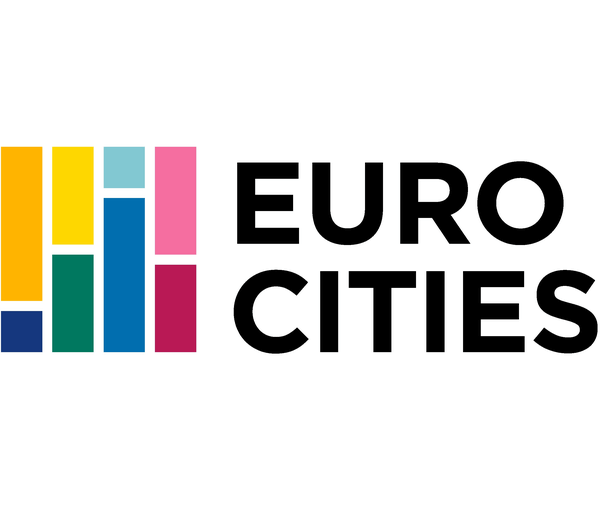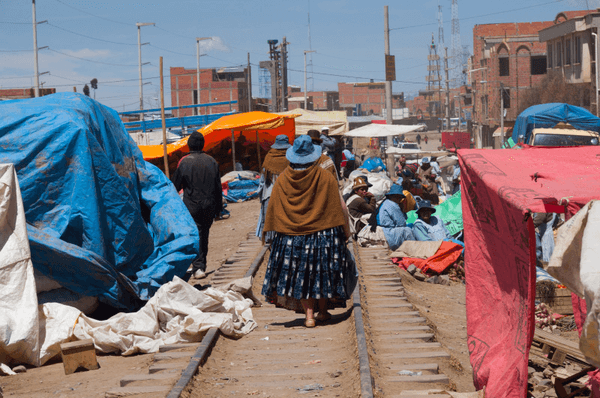City
Edinburgh
Main actors
City Government, Private Sector
Project area
Whole City/Administrative Region
Duration
2011 - 2016
Edinburgh has inspired cultural change across the public, private and third sectors to address unemployment among school leavers. A shared vision and strong partnerships are helping them find a job, modern apprenticeship or training, and make successful transitions into the world of work.
Edinburgh believes that making the most of the talents of its young people is critical for economic growth. The Edinburgh Guarantee ensures that every young person leaves school with the offer of a job, apprenticeship, training or further educational opportunity. Edinburgh works with partners to identify these employment opportunities. The scheme offers support to employers and young people, through wage subsidies, financial support, and training courses. These ensure that it benefits young people and businesses alike. The Edinburgh Guarantee website sits at the heart of the project, connecting school leavers with information, services, support and all the job and training opportunities the initiative has identified and created. Over 1,500 young people are currently registered for job alerts.
Originally published by EUROCITIES, the network of 130 European cities - PDF: http://nws.eurocities.eu/MediaShell/media/CitiesInAction_EdinburghGuarantee_June16.pdf
Eurocities Awards
This project was shortlisted for the 'Eurocities Awards' in 2015 in the following category: Cooperation.
On Map
The Map will be displayed after accepting cookie policy





